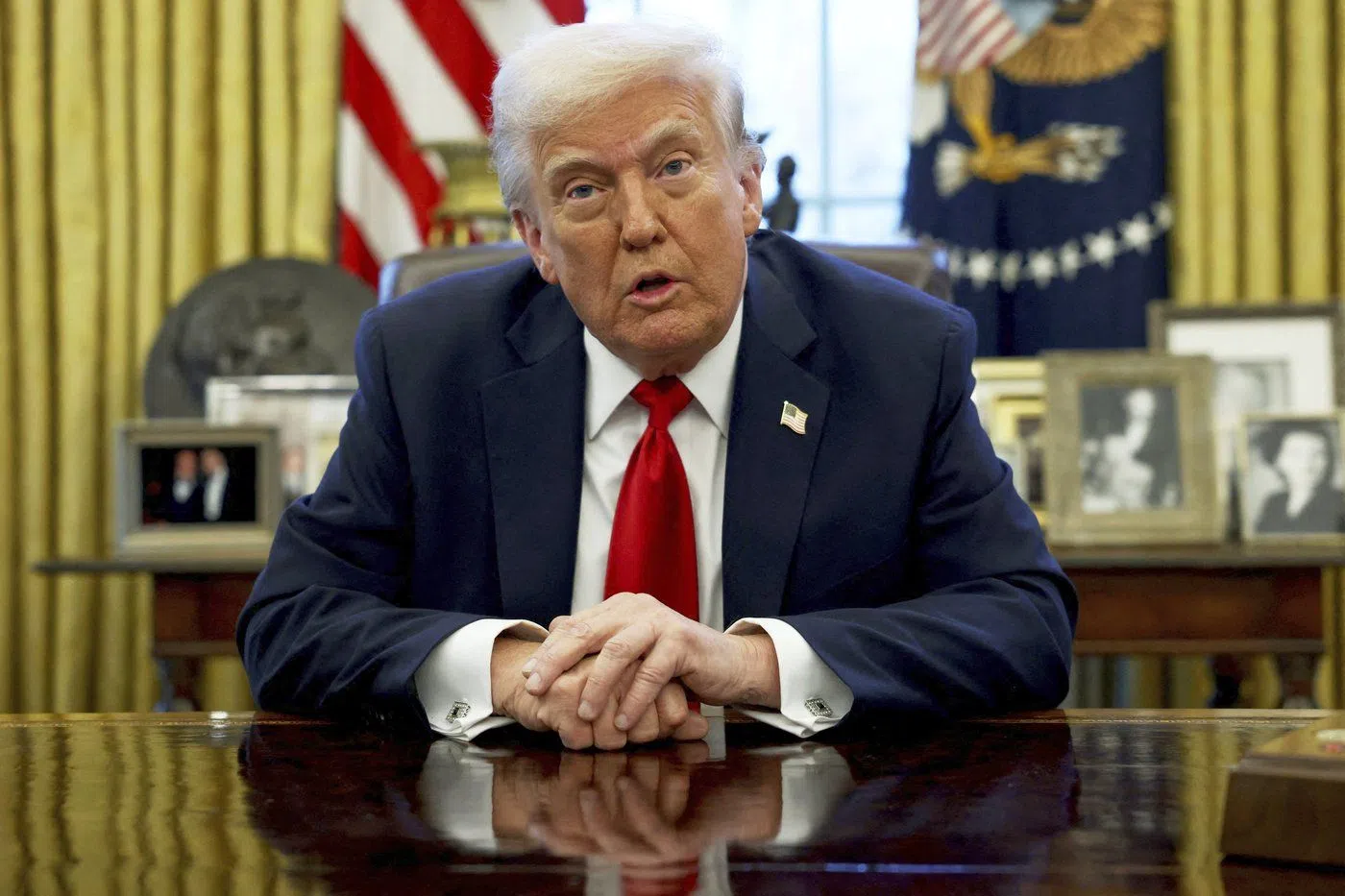
Ford says Lutnick indicated Canada will see lower automobile tariffs
Ontario Premier Doug Ford says he was told by U.S. Secretary of Commerce Howard Lutnick that Canadian-made vehicles with 50 per cent or more American parts will not face tariffs.
U.S. President Donald Trump signed an executive order Wednesday for 25 per cent levies on automobile imports to the United States starting next week.
Lutnick called Ford later Wednesday to say that Canada would face a different rate but it was unclear when Canadian vehicles would see the tariff break.
Most of vehicles made in Canada are already constructed with more than half American parts as the North American auto industry is deeply integrated.
